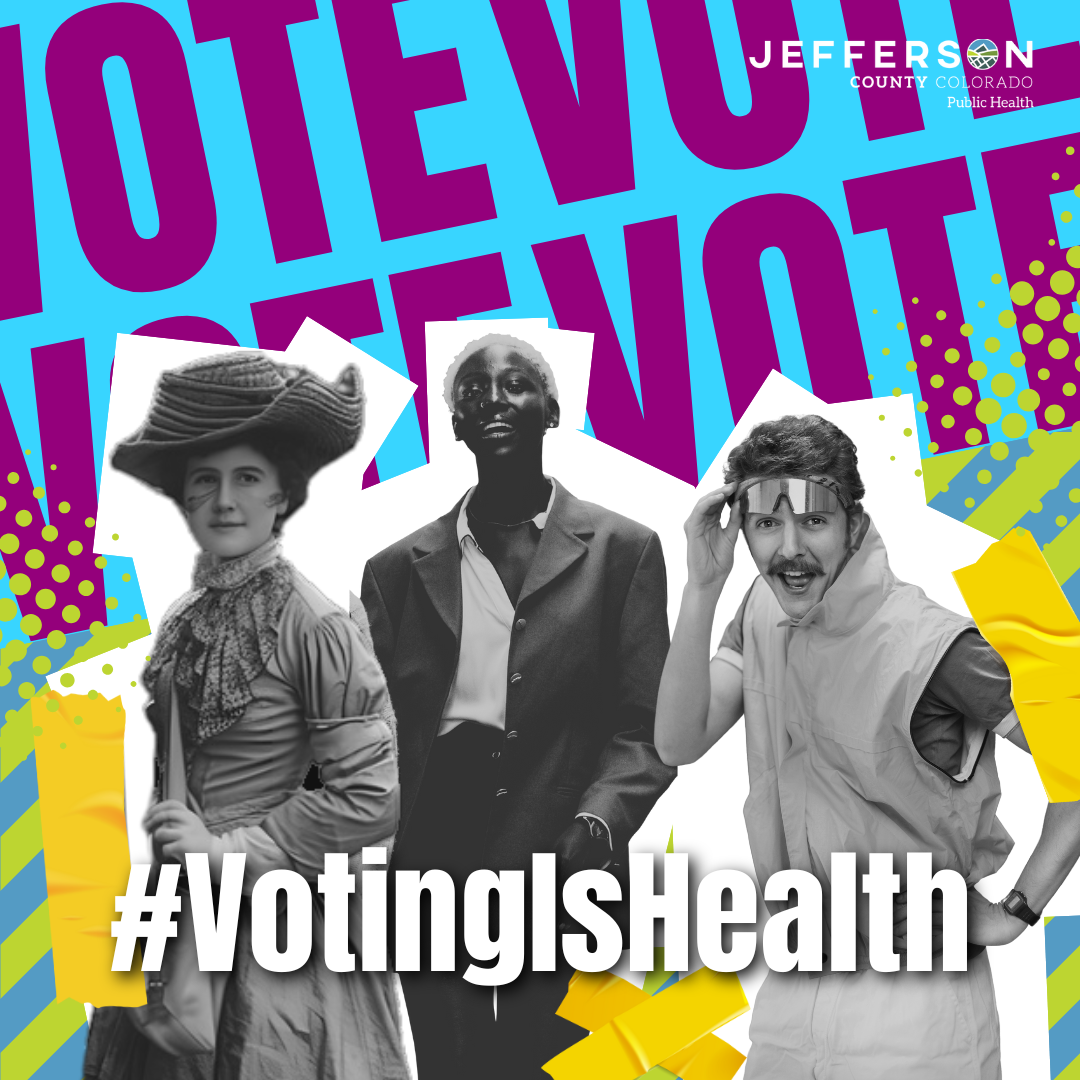
Jeffco Health Department

Audio By Carbonatix
I fell in love with politics early in life, despite coming from a politically agnostic family. Maybe it’s because, as a latchkey kid, I had unrestricted access to cable TV after school. One day, for reasons still unknown, I stumbled across C-SPAN and became transfixed by the idea that thousands of miles away from my hometown in Central California and worlds apart from my working-class home, someone was making a speech about important issues in an elegant room full of important people. I would set up my stuffed animals in my room and give rousing speeches about human rights – I’m sure I was very compelling. It wasn’t until much later, when visiting the Capitol in person, that I realized those orators were often speaking to mostly empty rooms. By that point, the truth didn’t matter. I was hooked.
As with many first loves, there is heartbreak. Participating in politics can feel demoralizing, irrelevant and – in some places – dangerous. Apathy is the true enemy of the state. I often hear friends and family say their vote doesn’t matter, that their opinions are unimportant and that nothing ever changes. This despair and disconnection from our political system isn’t just depressing to me, a major political nerd – it’s harmful to our health.
Of the eight states with the lowest voter turnout, six are also at the bottom of the list for life expectancy. Within states, there is a statistically significant positive relationship between voter turnout and health outcomes. Globally, a large study of the highest-income countries shows a strong relationship between democracy and health outcomes, even when controlling for other potential factors. I’m not claiming that voting directly causes health improvements, but rather that the relationship is a complex two-way street. Voting is just one component of a vibrant sense of civic engagement – a social connection to others with the goal of bettering the community. Believing you matter to something bigger than yourself and feeling a sense of agency are what we refer to in public health as social drivers of health. Hope, purpose and connection are powerful antidotes to a climate of despair and isolation.
If only healthy voters vote – those who are historically more financially well-off, highly educated and predominantly white- then only healthy voters’ agendas will prevail. If only the most affluent are civically engaged, the systems they create will reflect their priorities. This inequity in civic engagement can deepen the segregation of opportunity in the U.S. and exacerbate the avoidable differences in disease and death by race, place and class that exist in every community.
Loneliness is killing us. Feeling disappointed and disenfranchised with our political environment is just one part of a broader trend toward entrenched isolation. We are morphing into private islands, allowing only a highly curated group of VIP visitors onto our shores – those who agree with us, look like us or, at the very least, don’t scare us. As a public health director, it’s devastating to watch this cynicism infect entire communities. Maybe I’m naive, but I still believe in the power of democracy and the healing experience of having a voice.
Voting won’t cure your ailments overnight. It’s not a miracle serum. It is one building block of a healthy person, family and community. Voting isn’t about winners and losers; it’s about taking part in a process our ancestors died for. It’s about the cumulative impact of small decisions and how we, by the tiny act of filling in a bubble or pressing a touchscreen, hold control not just over our country’s future, but our own health.
Dr. Sarah Story is the executive director of the Jefferson County Public Health Department. She holds a Ph.D. in Public Policy, and her work examines the intersection of our economic conditions and our health outcomes. You can follow her on LinkedIn.
On weekends, Westword.com publishes commentaries on matters of interest to the community. Have one you’d like to submit? Send it to editorial@westword.com, where you can also comment on this piece.